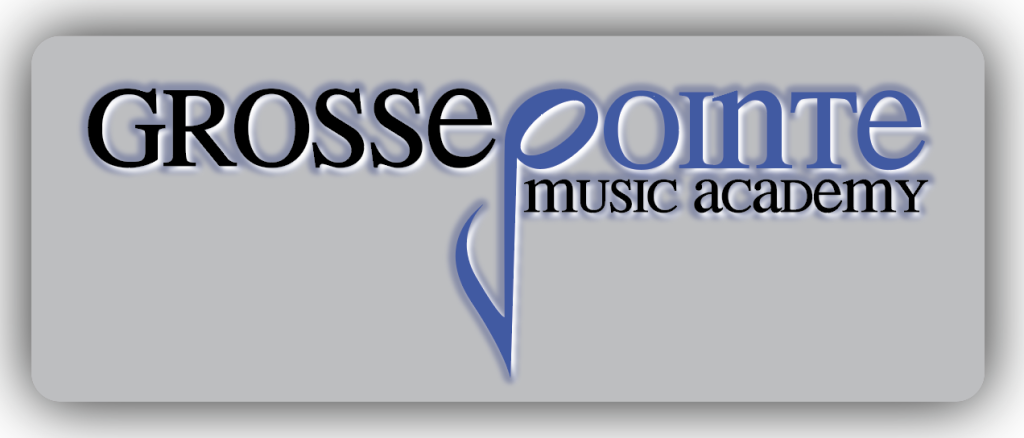Grosse Pointe Music Academy Staff
Modern technology has made it remarkably affordable to own a full 88-key digital piano. Many of today’s models feature hammer-action keys that closely simulate the feel of an acoustic piano. For anyone who has compared non-weighted keyboards to traditional pianos, the difference in touch and responsiveness is significant. Even between different acoustic pianos, the feel can vary greatly from one instrument to the next.
Entry-level 88-key, hammer-action keyboards typically range from $500 to $800, with stands and benches usually sold separately. One clear advantage of digital pianos is the lack of maintenance — unlike acoustic pianos, digital instruments never require tuning. Owners of upright, baby grand, or grand pianos know that regular tuning, often once or twice a year, is necessary to maintain the instrument’s sound quality.
Portability is another major benefit of digital keyboards. Moving an acoustic piano requires professional services for a reason: upright pianos can weigh up to 800 pounds, and grand pianos can reach 1,200 pounds. In the Metro Detroit area, we highly recommend Jack Carter at 313-598-5449 for professional piano moving services. Jack and his team have reliably assisted Grosse Pointe Music Academy with moving pianos between locations, providing outstanding service.
For families introducing their children to piano lessons, beginning with a digital keyboard is a practical option. It allows students to start learning without the significant investment of purchasing an acoustic piano. For most beginner players, especially those pursuing general music education, a quality keyboard with weighted keys will be perfectly sufficient. However, if the goal is to groom a future concert pianist from the very beginning, practicing on a high-quality acoustic piano would be strongly recommended.
Regardless of your choice, the most important factor is creating a comfortable and consistent practice space. We advise investing in a proper keyboard stand and an adjustable bench rather than placing the keyboard on a kitchen table or other makeshift surfaces. A proper setup will encourage more frequent and productive practice.
Whenever possible, select a keyboard with 88 weighted keys. However, models with 76 or 61 keys can also serve beginning students well, especially in the early stages of musical development.


Leave a Reply